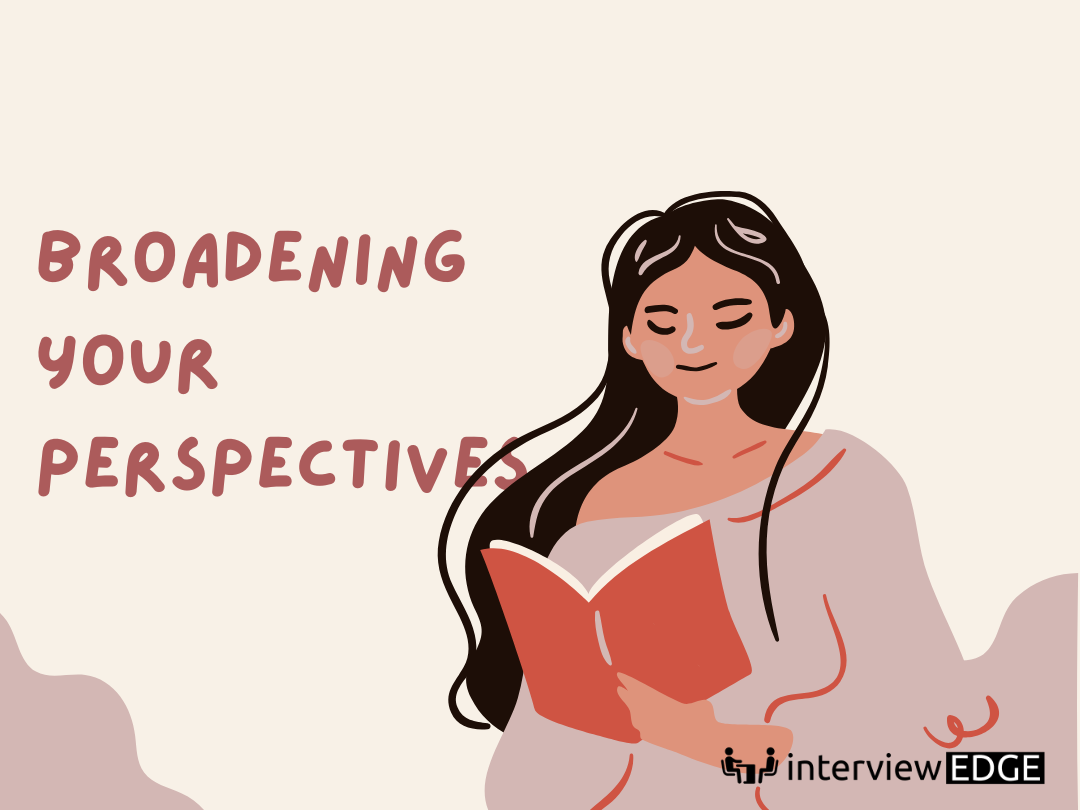
In the last blog, we discussed preparation during the engagement phase, where finding the right strategies and techniques can significantly impact your UPSC journey. Now, as we explore different ways to prepare for the interview, one powerful tool we can use is reading. Reading can open up new ideas and improve our ability to think critically. It helps us understand the world better, which is really important during the interview process. In this section, we’ll look at three important types of reading: biographies and memoirs, books about Indian culture and history (I know you must have read enough for mains but it is what it is J ), and resources on global issues like international relations and economics.
Discovering New Perspectives: Biographies and Memoirs
Reading biographies and memoirs lets us step into the shoes of famous people, seeing their lives, challenges, and victories. These stories not only inspire us but also teach us important lessons about facing difficulties and making tough decisions (which you are definitely going to face in life as a civil servant).
- Learning from Diverse Lives: Biographies cover a wide range of people, from political leaders and activists to artists and scientists. By exploring their stories, we can learn valuable lessons about ethics and leadership that can influence how we think and act.
- Critical Thinking: It’s interesting to analyse the decisions that these important figures made at key moments. Reflecting on their choices can improve our understanding of governance and public service, especially as we prepare for a career in civil service.
- Cultivating Empathy: Memoirs, especially those that discuss personal struggles, help us develop empathy. By learning about different experiences and backgrounds, we can enrich our understanding of various social issues, which is useful during interviews where discussions may touch upon these topics.
Exploring Indian Themes: Books on Culture and History
India is a land of incredibly rich culture and history. By reading books on these subjects, we not only learn more about our country but also gain important context for discussions on policies and governance.
- Cultural Insights: Books about Indian culture explore unique traditions, festivals, and social issues. Understanding these elements is helpful as we prepare for roles in civil service, where we’ll work with people from various backgrounds.
- Historical Context: Reading about key historical events and figures helps us understand India’s past and how it shapes our present. Books like “The Discovery of India” by Jawaharlal Nehru or “India After Gandhi” by Ramachandra Guha provide deep insights into the country’s journey.
- Contemporary Relevance: Some authors connect history to current events, showing how the past influences today’s policies and society. This knowledge equips us to discuss relevant issues during interviews confidently.And if you are from some place having rich history, be prepared for art and culture questions from that place- Eg. Gwalior. In a previous year’s interview, candidates were asked interesting questions about Gwalior’s culture and its importance in India. They discussed Gwalior’s contributions to Indian culture, especially in music, highlighting the famous Gwalior Gharana and how it became a center for musical development. Candidates were also asked to name some great musicians from Gwalior who have made significant contributions to Indian classical music. Additionally, the interviewers asked whether there is a mix of Braj and Bundeli cultures in Gwalior. Candidates were encouraged to share their views on this mix and provide examples that demonstrate how these cultures blend in Gwalior, showcasing the city’s rich cultural heritage.
International Insights: Understanding Global Relations and Economics
In our increasingly connected world, it’s crucial to understand international relations and economics. Reading about these topics helps us navigate the complexities of global issues and how they can impact India.
- Geopolitical Understanding: Books about international relations help us learn about global power, diplomacy, and how treaties work. This knowledge allows us to discuss India’s position and policies better. A question which was asked in previous years (interview) is whether we should accept the Line of Actual Control (LAC) and the Line of Control (LOC) as international borders. That’s why practical understanding of international issues is important.
- Economic Literacy: Learning about economic concepts, global finance, and trade helps us understand how international markets influence our country’s policies. Classic works like “The Wealth of Nations” by Adam Smith, alongside contemporary analyses, can greatly improve our economic knowledge.
- Case Studies and Real-World Applications: Look for books that provide real-life examples of countries and their international relationships. These case studies can show us successful diplomatic strategies and lessons from mistakes, preparing us for in-depth discussions during interviews. In this context, it’s important to reflect on the potential for future conflicts over water resources in South Asia, a topic that has been asked previously. How might water scarcity influence India’s relations with Pakistan, China, and Bangladesh? By understanding these dynamics, we can deepen our insights into the geopolitical landscape and the environmental challenges facing the region.
Conclusion
Reading is a powerful way to expand your understanding and prepare for the UPSC exams. By immersing ourselves in biographies, exploring unconventional books, we enrich our knowledge while sharpening our critical thinking skills. This will not only help us answer questions in the interview but also allow us to bring thoughtful and well-rounded insights into our discussions.
Thanks for reading!
Next up: Understanding the Importance of Sharpening One’s Communication Skills and Key Techniques to Enhance Them.
